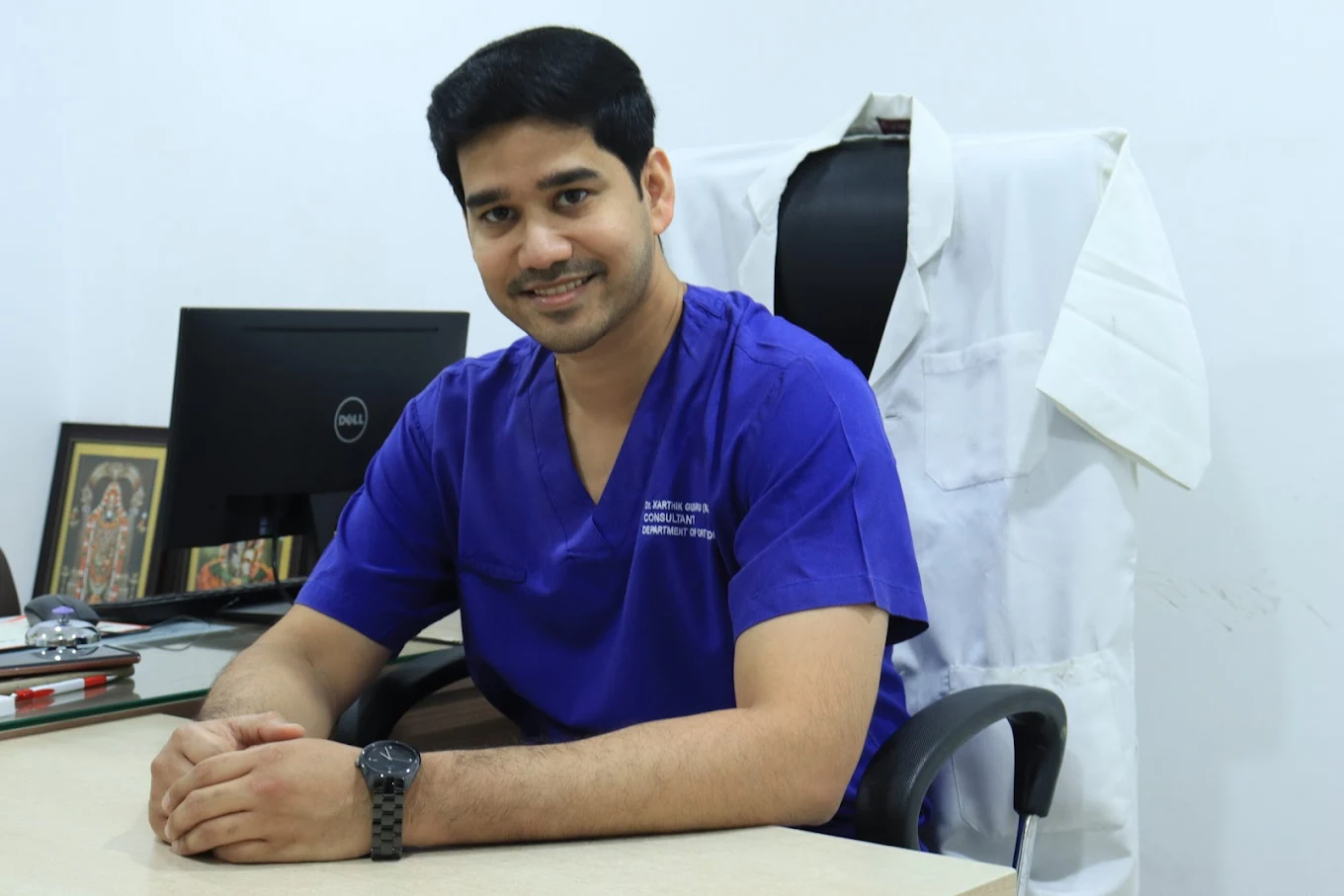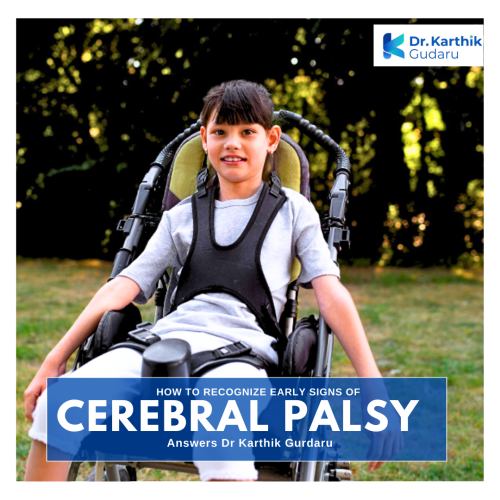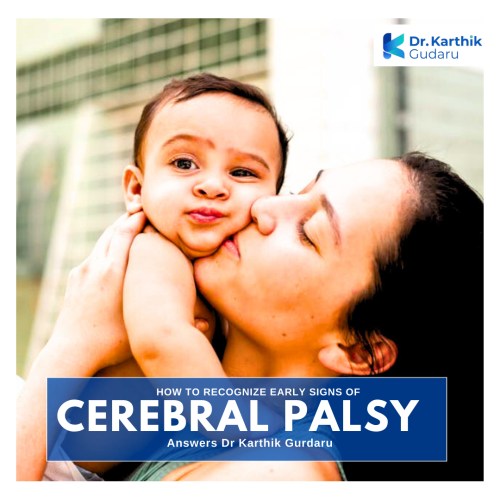Every parent eagerly waits for the moment their child takes their first steps, utters their first words, or begins to explore the world with curiosity. These milestones are part of healthy growth and development. But sometimes, parents may notice delays or unusual patterns that raise concerns. One such condition linked to developmental delays is Cerebral Palsy (CP). Identifying the early signs of CP is crucial because early diagnosis and timely intervention can significantly improve a child’s quality of life.
This guide is designed to help parents understand what cerebral palsy is, recognize its early signs, and know when to seek medical advice, as shared by Dr Karthik Gudaru, a leading pediatric orthopedic doctor for cerebral palsy in Hyderabad and Telangana.
What is Cerebral Palsy?
Cerebral Palsy is a group of neurological disorders that affect a child’s movement, posture, and muscle coordination. It is caused by damage to the developing brain, often before birth, during delivery, or shortly after birth. The condition does not worsen over time, but its impact on mobility and muscle function can change as a child grows.
While the severity varies—some children may have mild symptoms, while others may require lifelong care—understanding the signs early on can help parents provide the right support through therapy, medical care, and specialized education. Dr Karthik Gudaru, eminent orthopedic surgeon specialised in cerebral palsy treatment in Hyderabad, explains the signs to watch out for.
What are the Early Signs Parents Should Watch Out For?
Delays in Reaching Developmental Milestones
One of the first things parents may notice is that their child is not meeting age-appropriate milestones. For example:
- Not holding their head steady by 3–4 months.
- Not rolling over by 6 months.
- Not sitting without support by 8 months.
- Not walking by 18 months.
Delays don’t always mean CP, but if several milestones are missed, it’s worth consulting a pediatrician.
Abnormal Muscle Tone
Children with CP often show unusual muscle tone. This can appear as:
Stiffness (hypertonia): Muscles feel rigid and tight.
Floppiness (hypotonia): The child feels limp when held.
If you notice your child’s body feels unusually stiff or floppy, it may be an early indicator of cerebral palsy.
Poor Coordination and Motor Skills
Early motor development is key. Babies with CP may have difficulty with coordination, such as:
- Trouble reaching for objects.
- Clumsy or jerky movements.
- Using only one side of the body (e.g., reaching with just one hand while the other remains curled).
Feeding and Swallowing Difficulties
Some children with CP struggle with sucking, swallowing, or chewing. Parents may notice frequent choking, excessive drooling, or difficulty transitioning to solid foods. These feeding issues may indicate muscle control challenges linked to CP.
Favoring One Side of the Body
A common early sign is when a child uses one hand or one leg more than the other. For instance, if a baby always reaches with the right hand while keeping the left clenched, it could be an indication of CP.
Unusual Reflexes
Infants have natural reflexes, but in children with cerebral palsy, these reflexes may either persist for too long or appear abnormally. For example, the “startle reflex” may last longer than usual, or certain reflexes may be exaggerated.
Problems with Vision, Hearing, or Speech
Cerebral palsy can sometimes affect more than movement. Children may show difficulties such as:
- Crossed eyes (strabismus).
- Trouble hearing sounds or responding to voices.
- Delays in babbling or forming words.
When to Seek Help?
If you notice any of the signs above, it doesn’t automatically mean your child has cerebral palsy. However, early medical evaluation is essential. Pediatricians may recommend neurological assessments, imaging tests (like MRI), or referrals to specialists.
Early diagnosis allows parents to start therapies such as physiotherapy, occupational therapy, or speech therapy, which can greatly improve a child’s independence and abilities over time.
As a parent, it can be overwhelming to notice unusual patterns in your child’s growth. But remember—early recognition of cerebral palsy makes a huge difference. With timely medical care, supportive therapies, and lots of love, many children with CP go on to live fulfilling and active lives.
If you have concerns about your child’s development, trust your instincts and consult a healthcare professional. Early action is the first step toward giving your child the best possible future.

Dr. Karthik Gudaru has successfully performed a wide range of advanced orthopedic surgeries, including Total Knee Replacements, Hip and Shoulder Replacements, Elbow Joint Surgeries, and complex pediatric orthopedic procedures. He has a special expertise in robotic and computer-assisted surgeries, sports injury management, and regenerative orthopedics. His key areas of specialization include Robotic Knee Replacement, Shoulder Arthroscopy, Revision Hip Surgery, Spine Surgery, PRP & Stem Cell Therapy, and pediatric conditions like cerebral palsy, congenital deformities, and polio sequelae.

